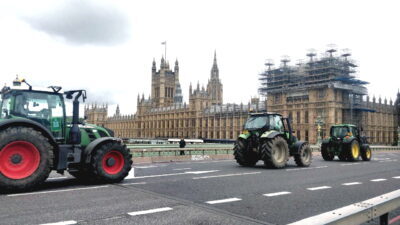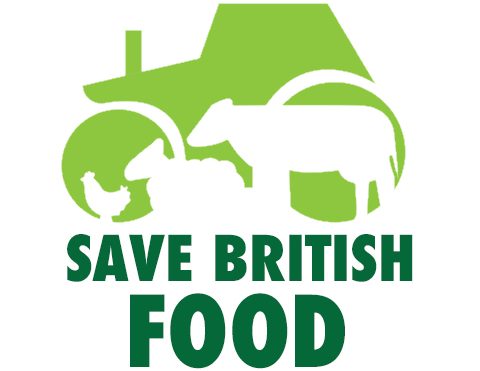Agriculture Bill Debrief: Debunking Arguments For Not Enshrining Our Standards In Law Obviously the 95 per cent of us who want to keep our high food standards; the 92 per cent of us who want animal welfare standards maintained in future trade negotiations; the 86 per cent of us who fear food banned here will […]
Category: Our events
Categories
Westminster Demo Success!

On an overcast day in early July, drivers in central London found themselves in a situation that’s familiar to anyone used to rural living: getting stuck behind a slow-moving tractor.
Categories
Join Our Westminster Demo

Join us for our Westminster demo on July 8th. We must protect and promote our high standards of food safety and sustainability and ensure it’s written into law.
